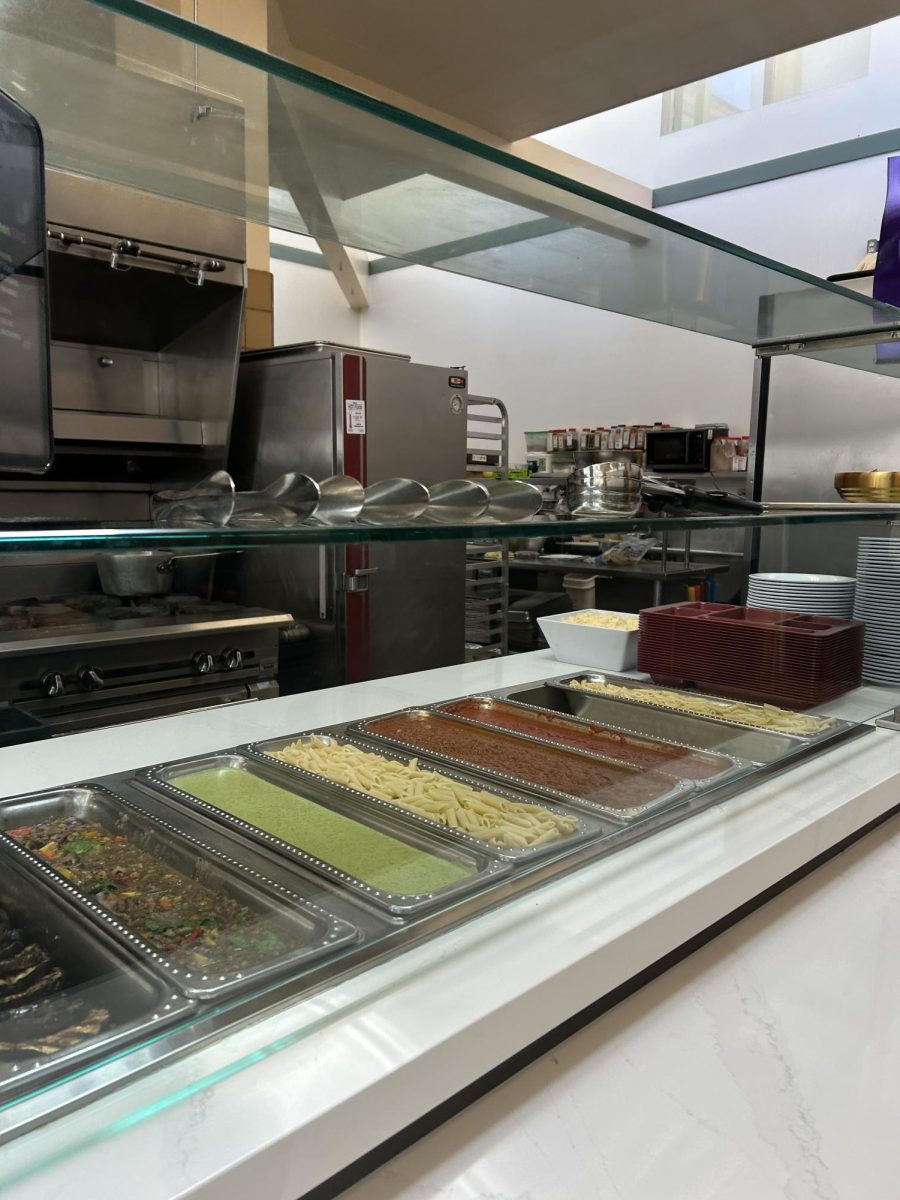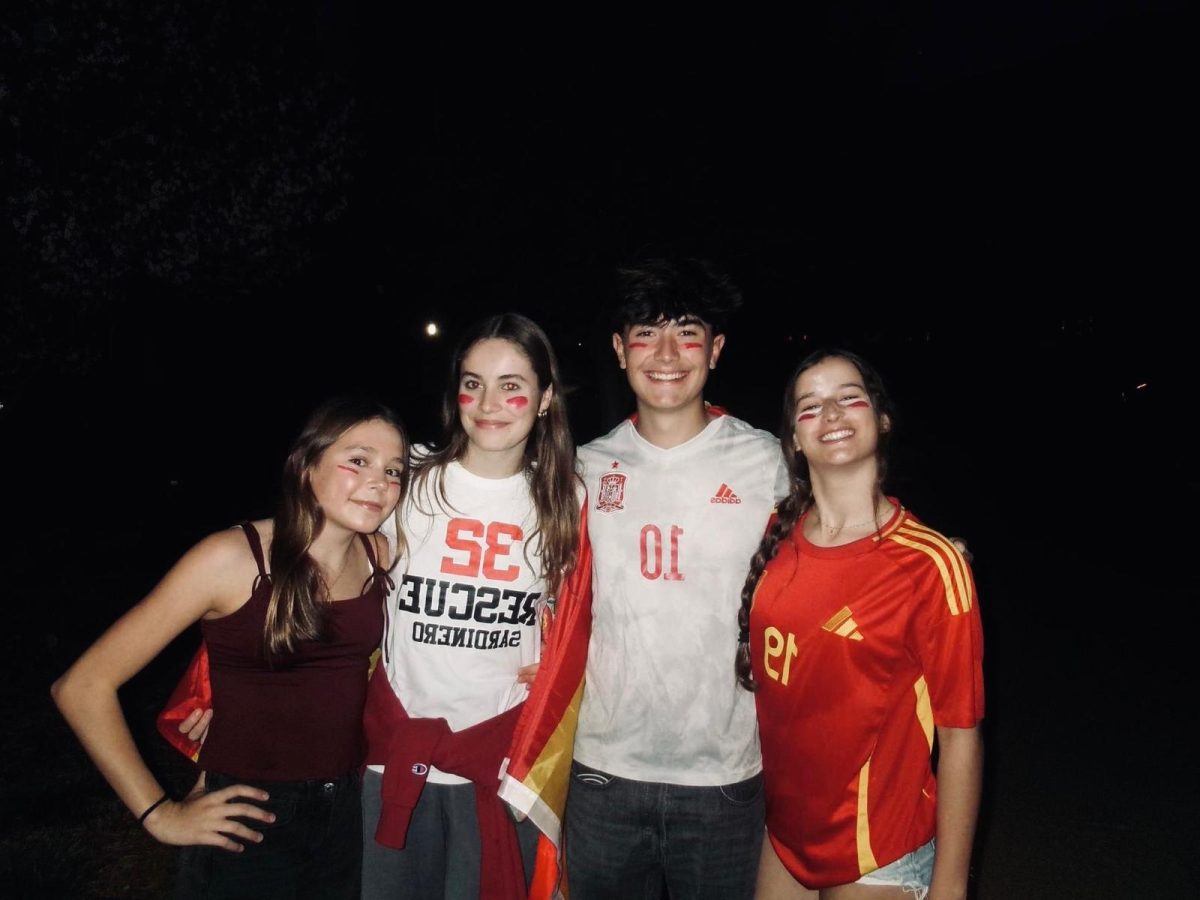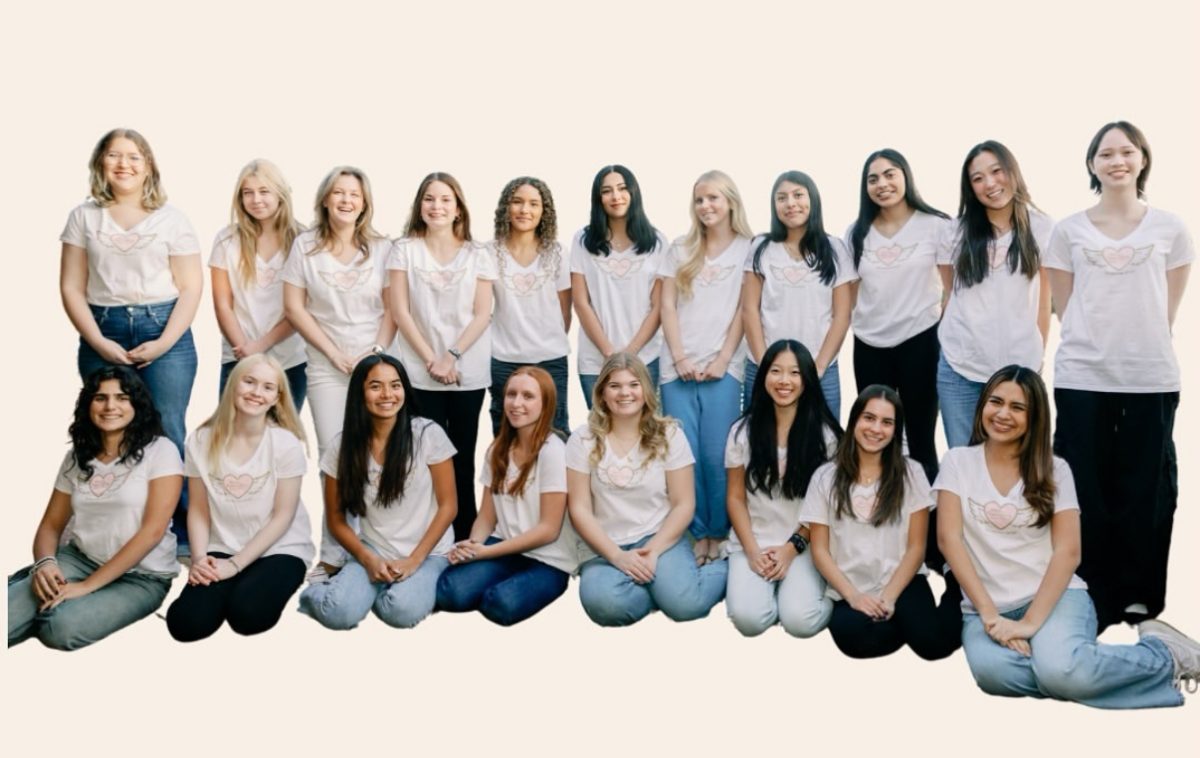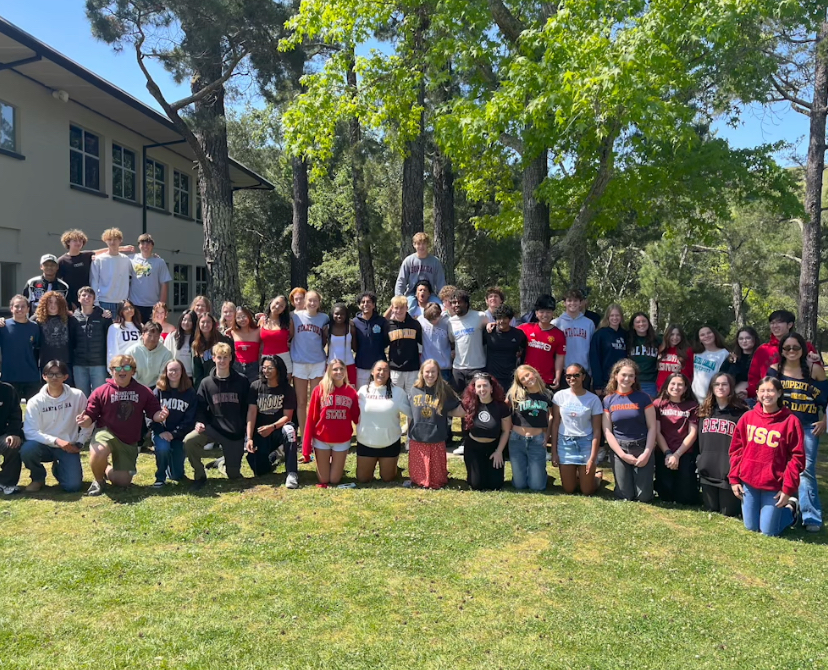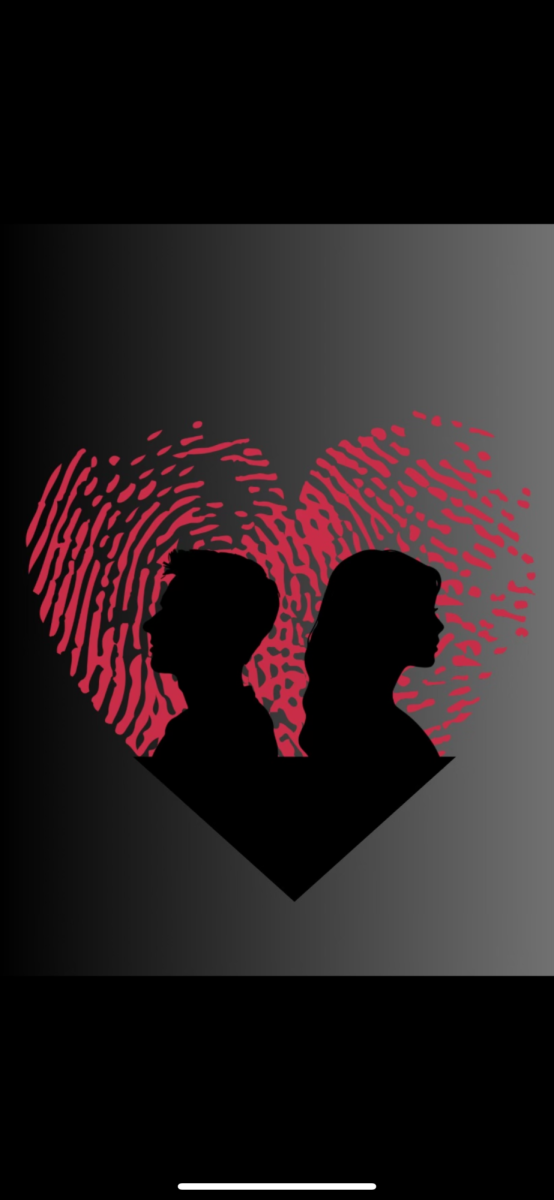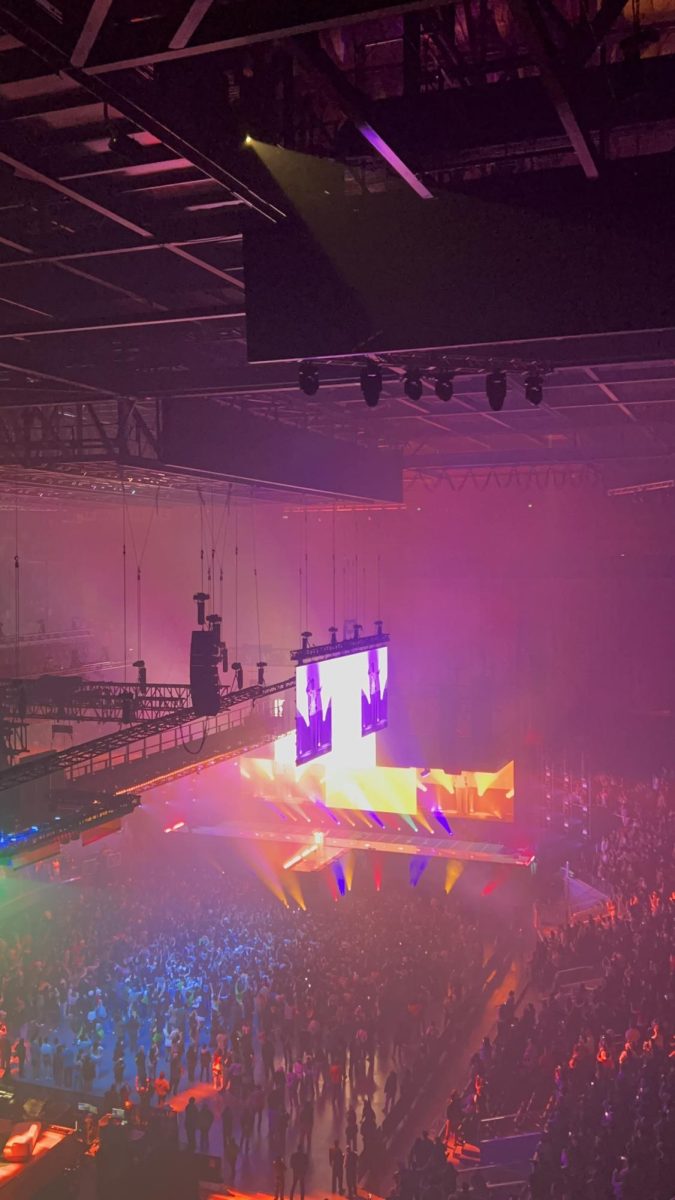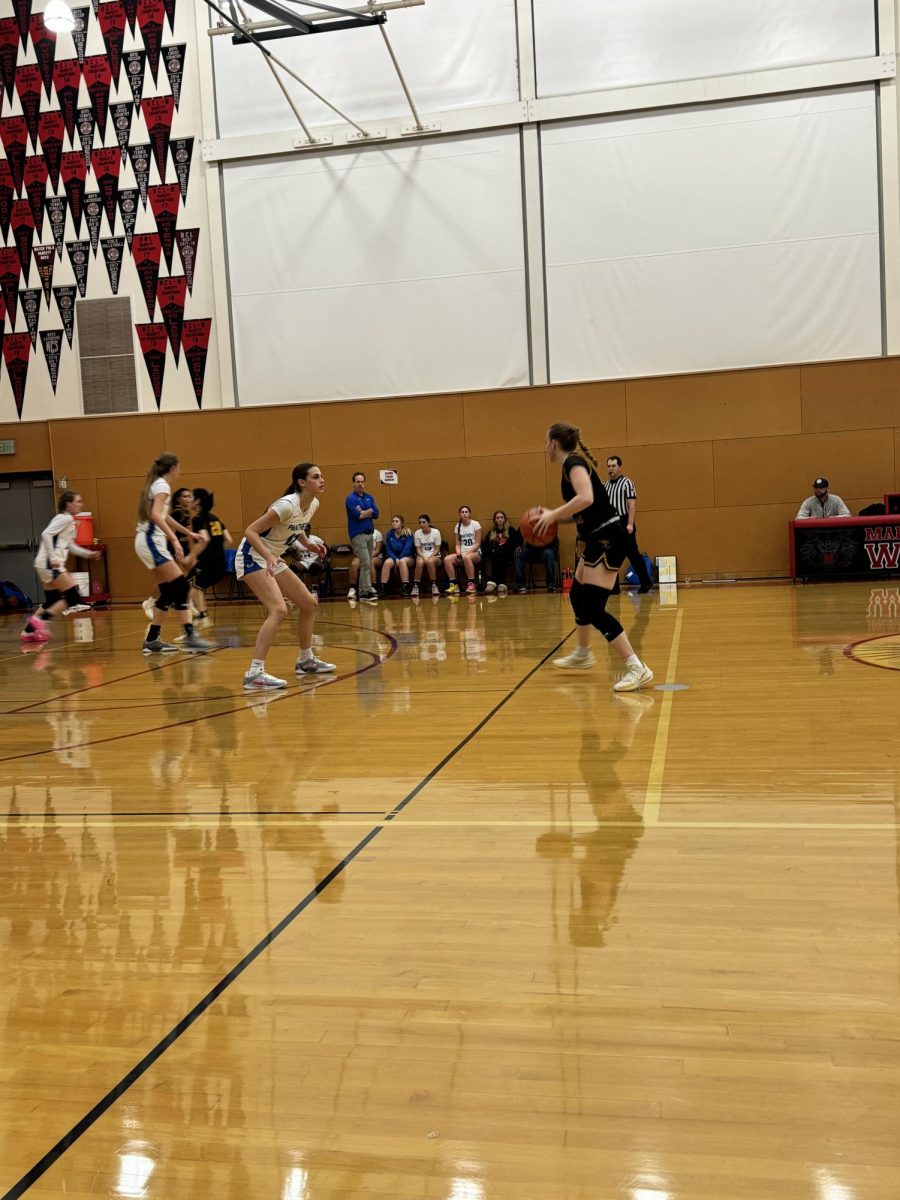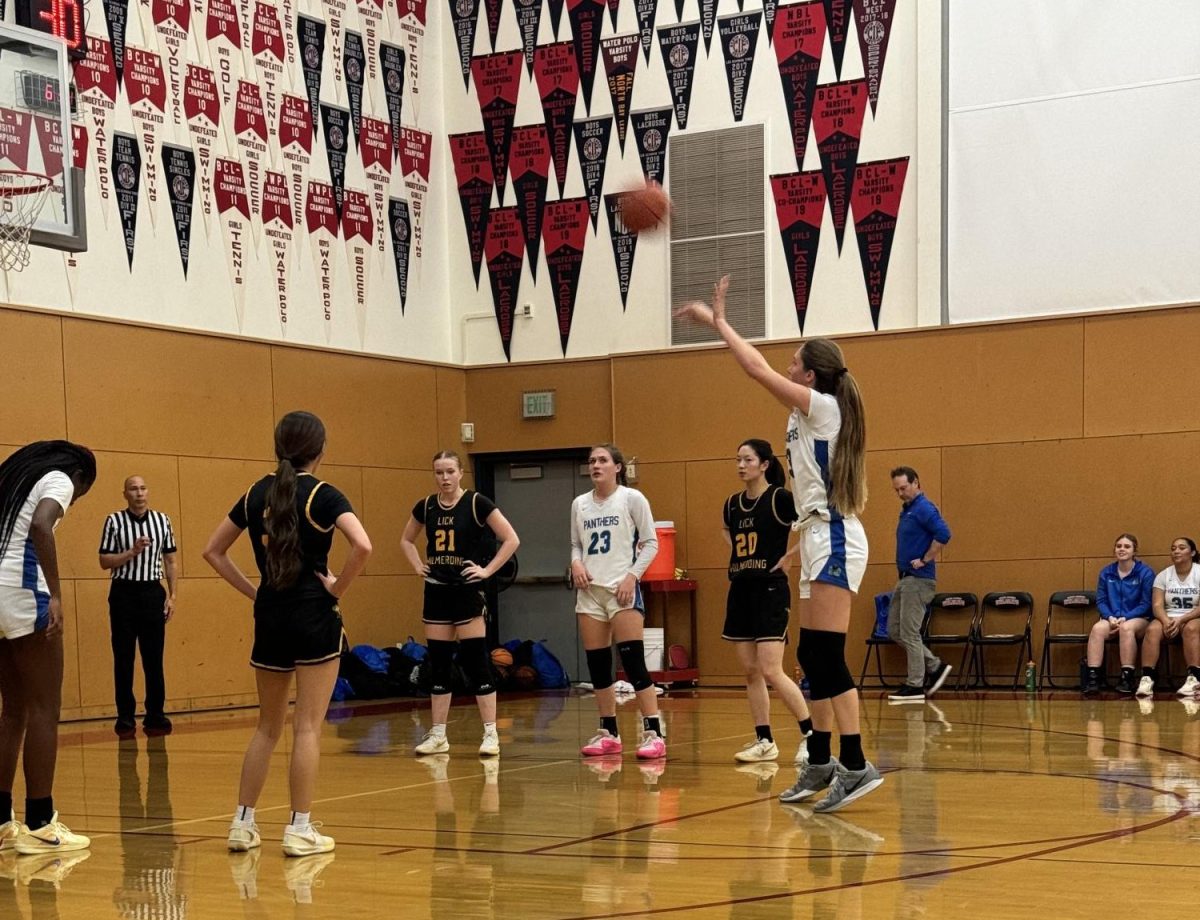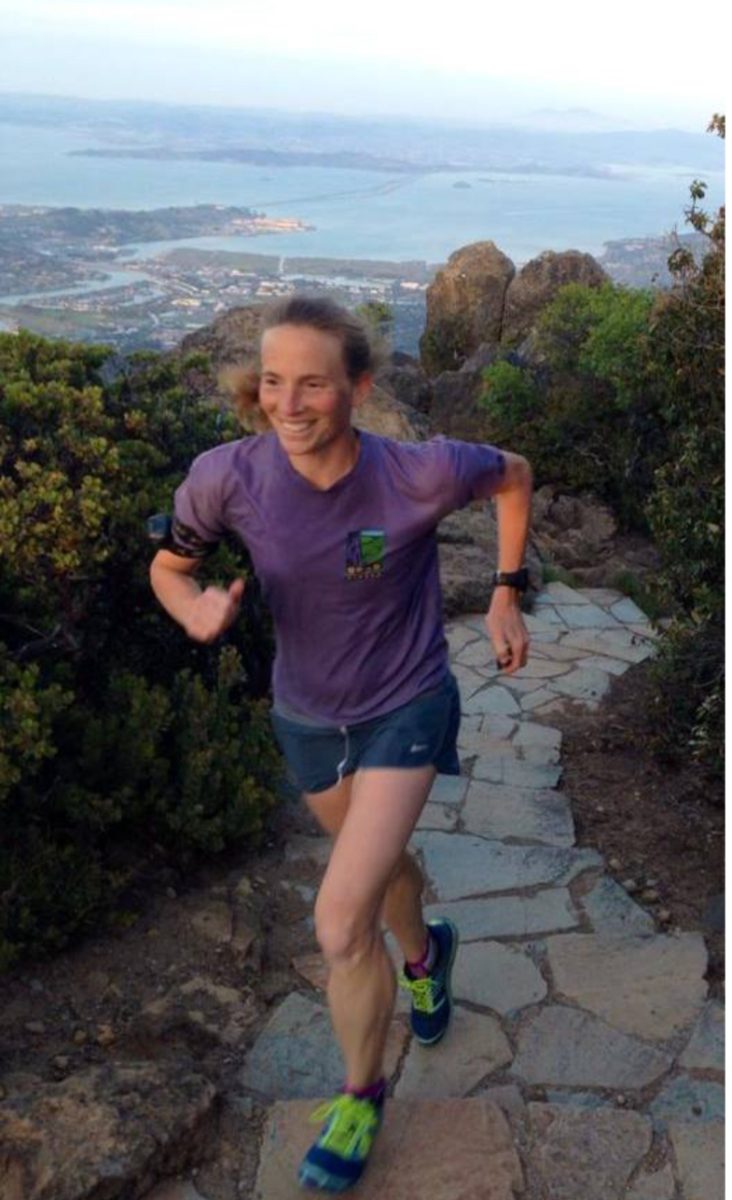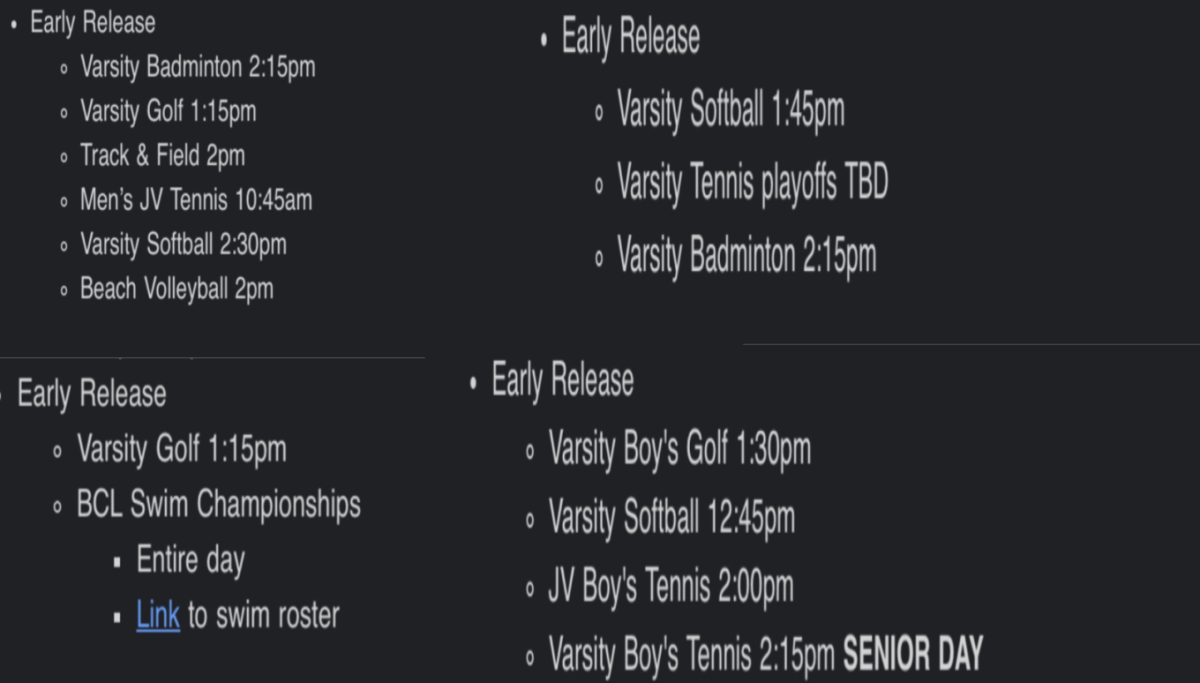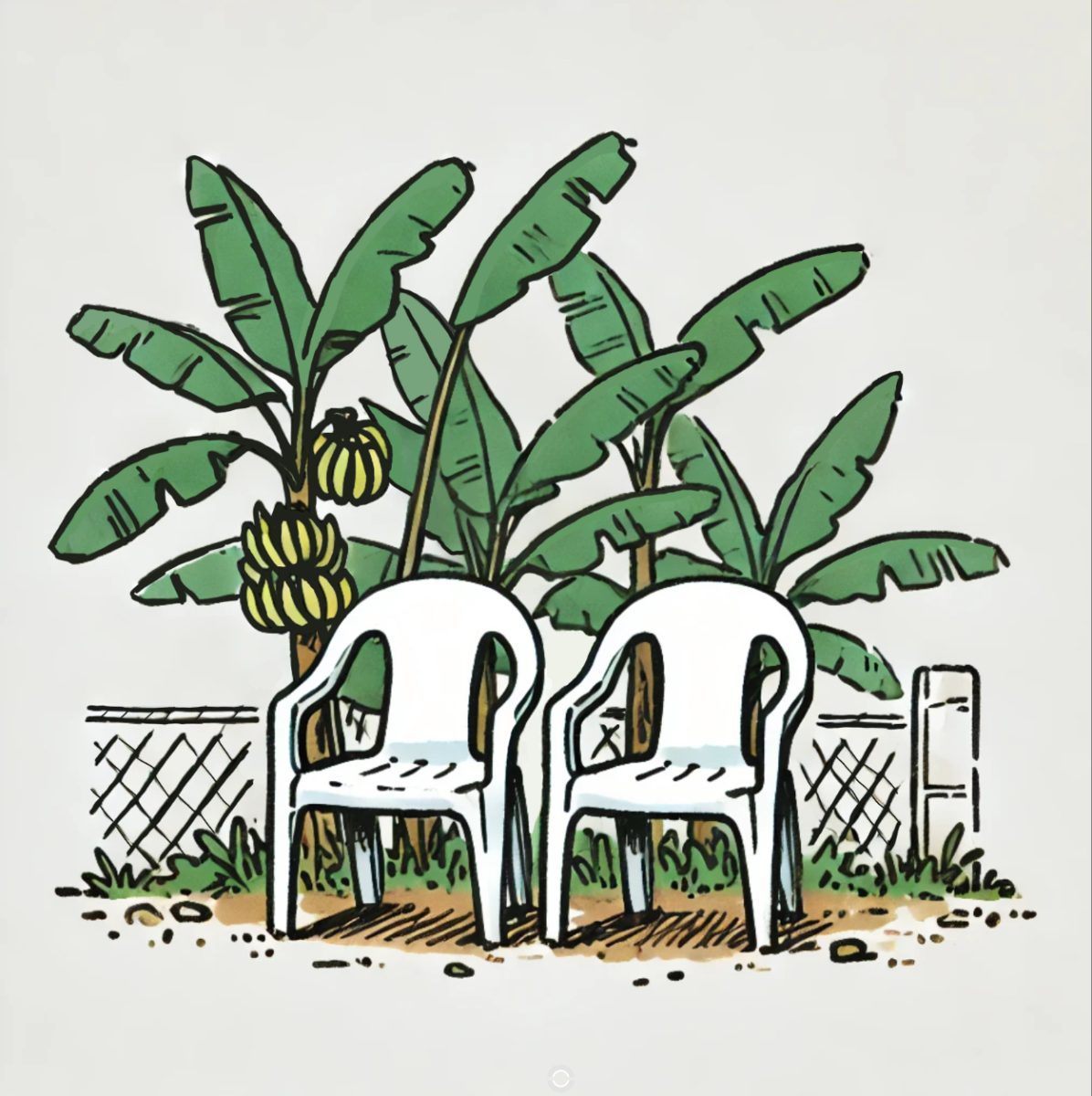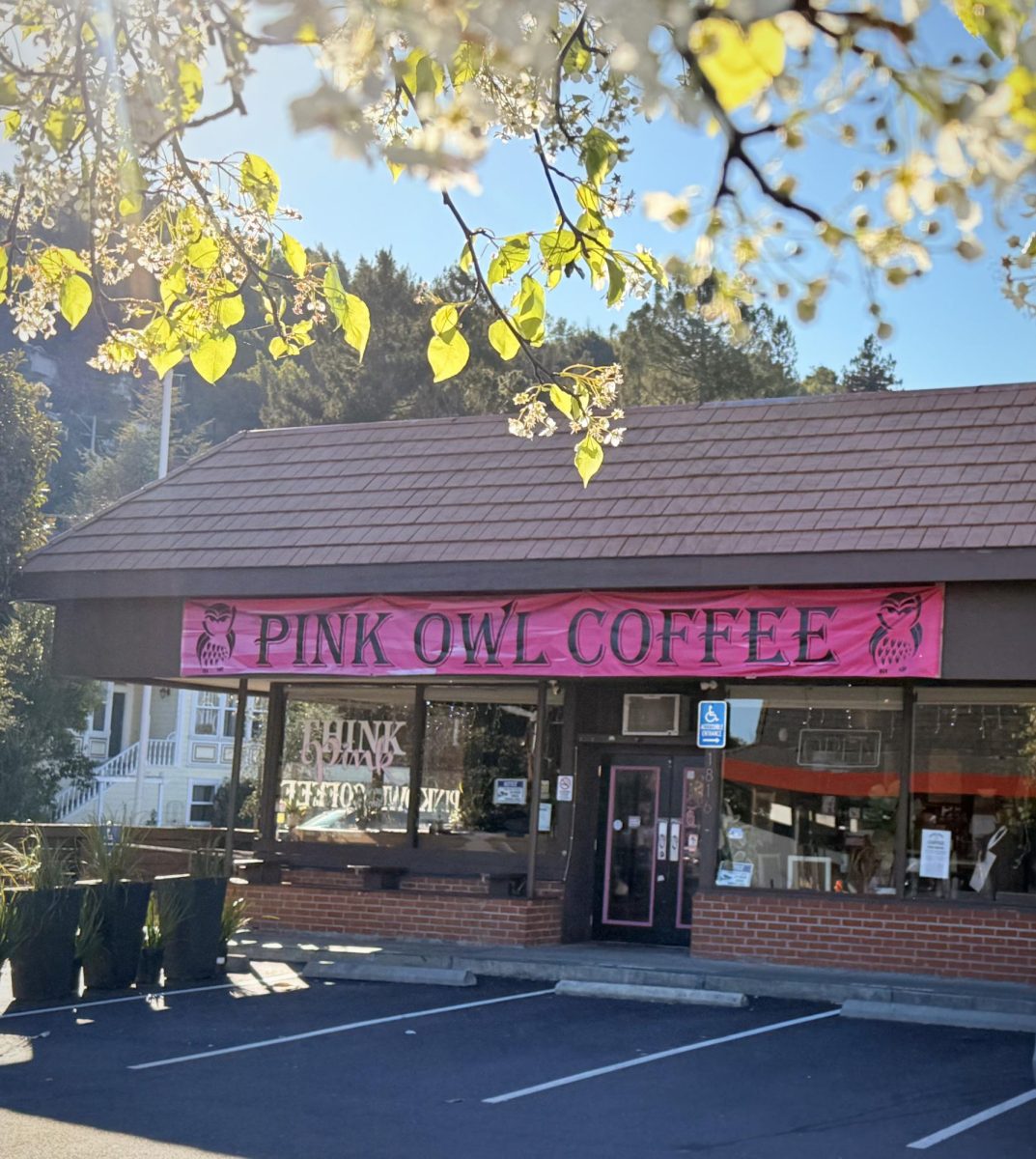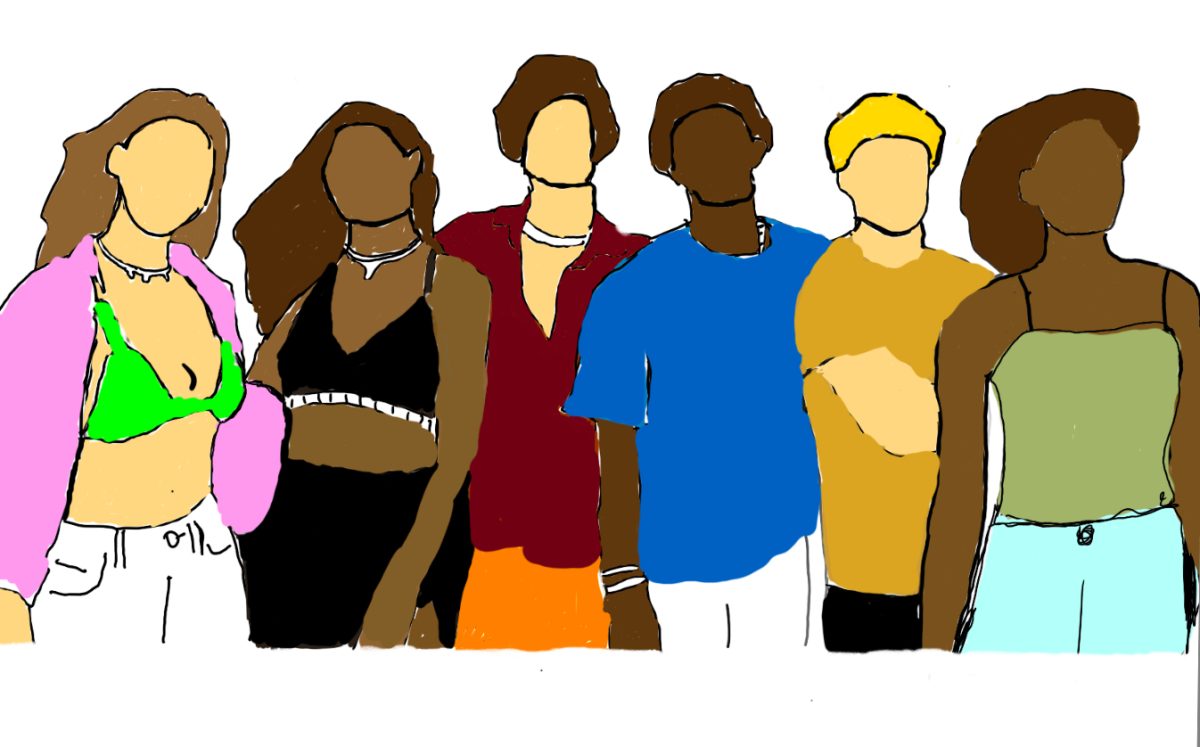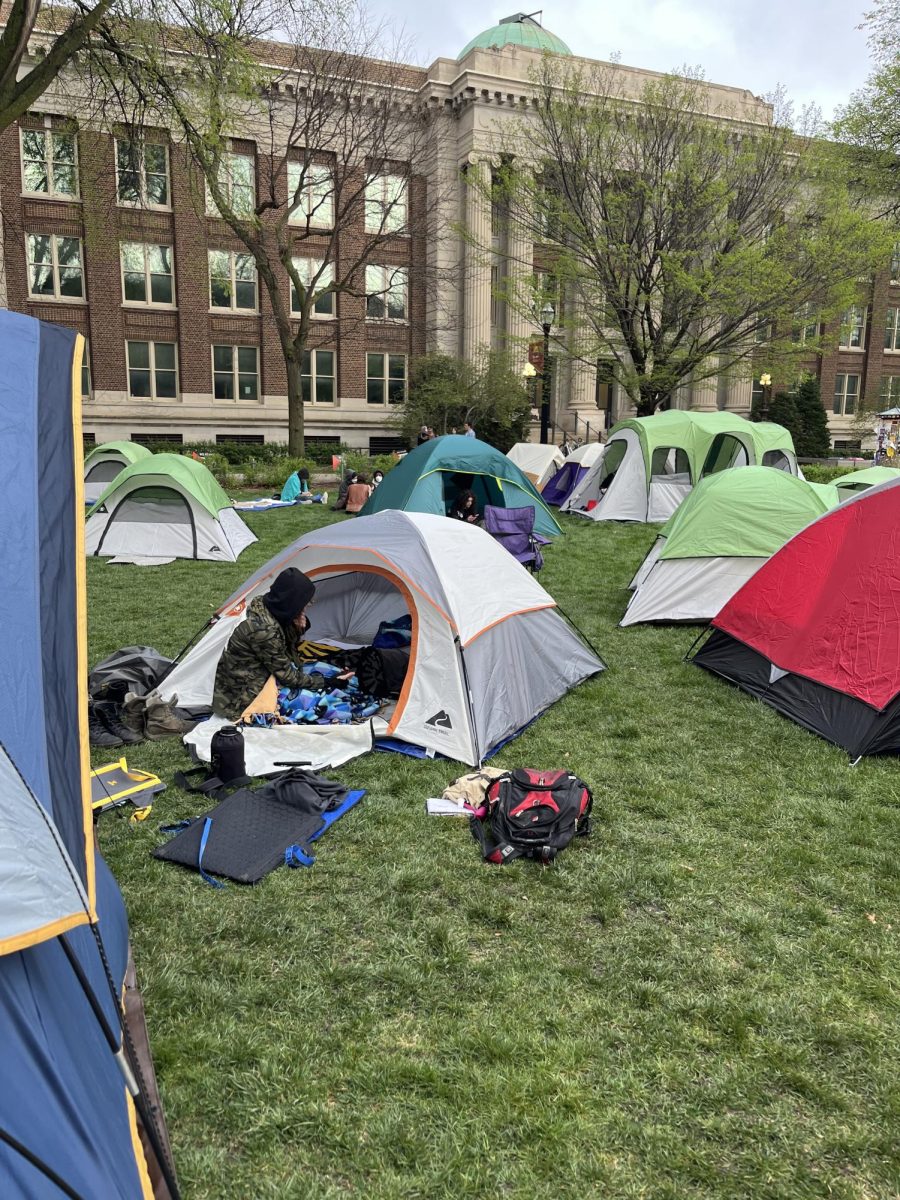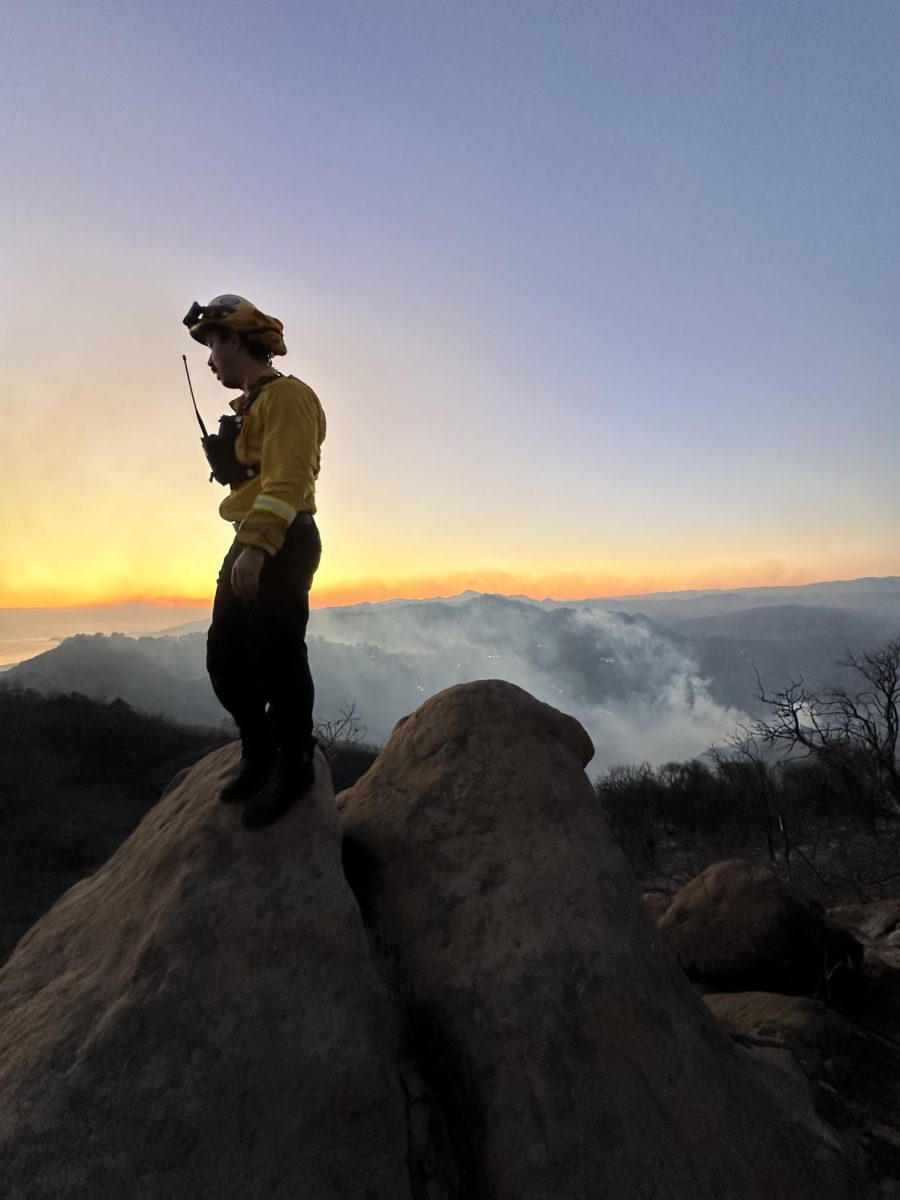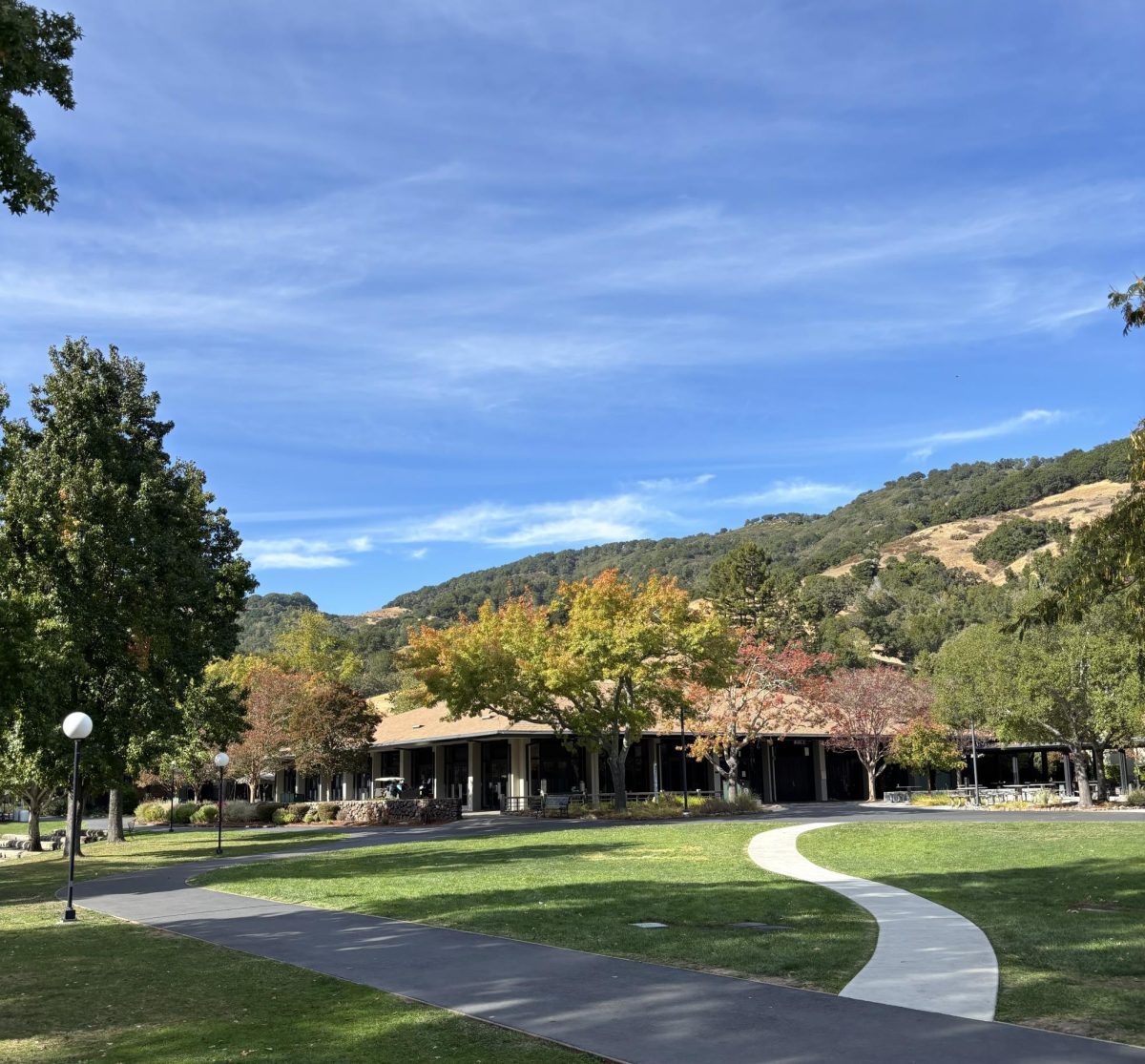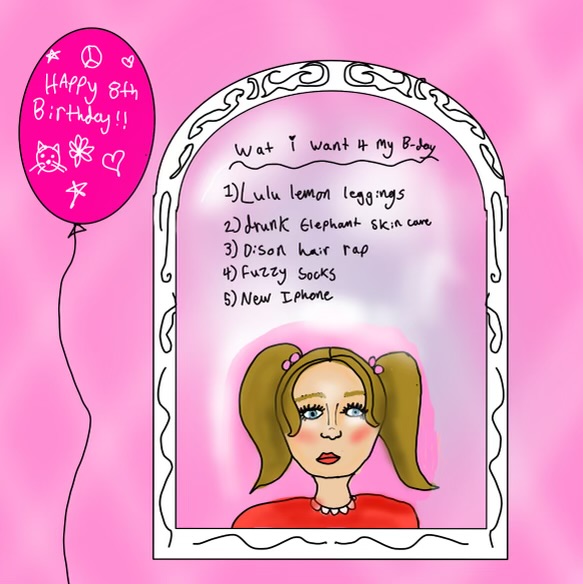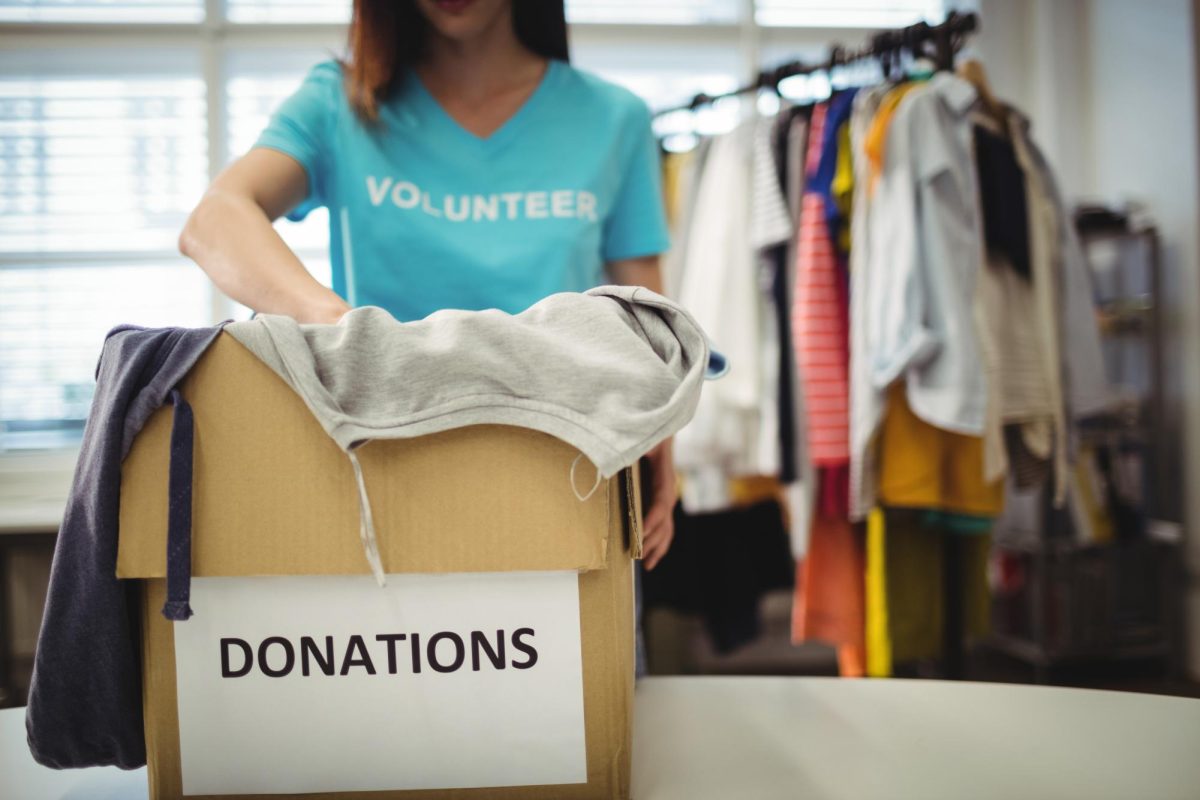Why are the students protesting and what are their demands?
After months of the ongoing Israel-Hamas war, some college students across the United States have been protesting against the Israel-Hamas war on their campuses. They have been demanding their schools for immediate divestment from Israeli corporations that fund the war in Gaza. According to MPR News, divestment is when an institution sells off its business interests pulling investments to “avoid complicity in behavior from companies they have deemed to be unethical or harmful… the calls come as Israel’s assault in Gaza since October has killed more than 34,000 people, about two thirds of them women and children, and displaced about 80 percent of the population.” The U.S. Student Movement for Palestinian Liberation released a statement April 21 indicating what the protests are broadly calling for, VOX reported. The statement asked universities to “completely divest our tuition dollars from — and to cut all institutional ties to — the zionist entity as well as all companies complicit in the colonization of Palestine.” The “Gaza Solidarity Encampment” first started by students in Columbia University on April 17 led to the arrest of about 100 protesters. Following the arrests, more than 60 more colleges in the United States and a number of schools across the world joined in on the protests.
In addition to the U.S. based schools, Sorbonne University and Paris Institute of Political Studies (Sciences Po) in France, University of Sydney and University of Melbourne in Australia, Sapienza University in Rome, University of Warwick, University College London and University of Leeds in the UK are further examples of the global schools where students are protesting against the war, according to Al Jazeera.
There are also Pro-Israel protesters demanding for Hamas to release the hostages, with the plea that Jewish people also deserve a peaceful place to live. According to an article from Newsweek, on April 16, hundreds of pro-Israel protesters marched to Columbia’s entrance, waving blue and white colored flags of Israel and chanting “bring them home!” referring to the 100 Israeli hostages held by Hamas. When Hamas attacked on October 7, about 1,200 people were killed and 250 were taken hostage. According to the BBC, “those killed included children, the elderly and 364 young people at a music festival. The BBC has also seen evidence of rape and sexual violence during the Hamas attacks.”
On many of the school campuses, the pro-Palestinain students have started to take over the academic buildings, another way of trying to make their schools divest from Israel. At Columbia University, the protesting students broke into Hamilton Hall on April 30, flew a slogan reading “Hinda Hall” to name the hall after a Palestinian kid recently killed in the war. The students then, their hands zipped and tied behind their backs, were removed from the building by the police, according to The Washington Post.
Columbia University has had a long history of student protests and groups who have taken over the Hamilton Hall which houses offices and some classrooms. In 1968, students took over the hall in a protest against the Vietnam War, in 1972 students locked themselves in the building for more anti war actions, in 1985 students blockaded the hall for more than three weeks, demanding Columbia to divest from South Africa for the country’s racist policies, and in 1996 students took over the building to force the university to create an ethnic studies department, according to Reuters.
The Guardian reported when the students at Columbia University took over Hamilton Hall, they also unfurled a banner saying “Intifada” (an Arabic word translating to uprising or shaking off), which then was announced as hate speech by The White House. The article reads that some pro-Palestinians in New York were skeptical about using the Arabic word, calling for an uprising. Some Israeli supporters say it is a threat to Jewish students as it “amounted to a glorification of the Palestinian suicide bombing campaign during the second intifada against the Israeli occupation two decades ago.”
According to the American Jewish Committee, the word intifada meaning, “uprising” and “shaking off” in Arabic, and calls for “aggressive resistance against Israel and those who support Israel.”
“The most prominent expressions of intifada have been through violence so this phrase is often understood by those saying and hearing it as encouraging violence against Israelis, Jews, and institutions supporting Israel,” the American Jewish Committee explains. “While the intent of the person saying this phrase may be different, the impact on the Jewish community remains the same.
It has been used to describe intense periods of Palestinian protest against Israel, often involving violence. The First Intifada (1987-1990) and the Second Intifada (2000-2005) were marked by protests, civil disobedience, and terrorist attacks against Israelis,” the American Jewish Committee continued.
On the flip side, Jewish Voice for Peace, an Instagram page with 1.2 million followers whose caption reads “Jews organizing toward Palestinian Liberation and Judaism beyond Zionism,” recently expressed an opposing perspective to the use of the word “intifada.”
“‘Intifada’ is a word used by Palestinains to describe uprising, or protests against the decades of Israel’s brutal oppression,” Jewish Voice for Peace wrote. “Literally meaning ‘to shake off,’ the word has been used to describe moments in history when Palestinains have come together to demand an end to Israel’s violent military occupation and racist apartheid system.”
Samantha Elegant is a rising junior at Washington University in St. Louis, Missouri and has witnessed protests firsthand.
“I think even if they’re not breaking things and they’re not doing anything like that, some of the chants they were saying were really violent,” Elegant said. According to Elegant, there were comments by protestors about “globalizing the Intifada.”
“They kept saying, ‘no justice, no peace.’ I was like, Oh, I thought this was a peaceful protest. Especially the Intifada one…the way they were really like we hate Zionists…, anything like that is pretty violent language. And I think that’s crossing over into hate speech. I’m in the minority in that opinion, but I think most Jews on campus would feel that way.”
Elegant also stated that the protests are becoming bigger, including many outsiders from people in the area and organizations, which in her opinion is why the school keeps shutting down the protests.
“Now there’s currently a fence around our entire campus to prevent community members from getting in,” Elegant said. “Because WashU, we’re a private institution, too. It’s not like we’re a public campus, like UCLA. So I think WashU has the right to do that.”
There have been many arrests of the protesting students and faculty at WashU.
Elegant further talked about the protests and how they are disruptive at Washington University in St. Louis.
“During one of the protests, I was in the library just working on an essay with some of my friends and they [the protesters] started surrounding the library and protesting,” Elegant said. “And that’s obviously disruptive, but then they [the school] locked down the library to protect the students inside and prevent anyone from getting in.”
According to Elegant, the pro-Palestinian protesters on WashU’s campus, especially the Student Union, have been demanding the school to cut its financial ties with Israel, specifically from Boeing, a company which creates weapons and planes. According to Elegant, the school has a 25% population of Jewish students while only 2 are represented in WashU’s Student Union.
“WashU has this connection with Boeing because of our engineering school,” Elegant said. “Boeing [creates] defense weapons…like fighter jets, [and planes that we fly on too], which is typical for every engineering company.
People are getting really upset that somehow WashU is supporting what’s happening in Palestine right now, so people [some students] were trying to pressure WashU to divest from Boeing. So there was a vote by the Student Union and it overwhelmingly passed to divest from Boeing. But, obviously, that’s just a student thing. The university doesn’t have to follow any of that.”
According to CNN, Columbia University has a committee of students, faculty and alumni on socially responsible investing to provide feedback to the managers of Columbia’s endowment investments. Columbia University Apartheid Divest submitted a formal proposal to the committee for withdrawing investments related to Israel in December. Students at Columbia College, and the university’s undergraduate school, voted to support the divestment proposal last week. The Independent on 29 April, Columbia University president Nemat Minouche Shafik, said the school would not divest from Israel, according to.
On the other hand, Christopher Marsicano, an assistant professor of education studies at Davidson College who researched the impact of divestment from fossil fuels on university endowments, in addition to mentioning that divesting is a hard job economically, commented on its political significance, according to an article from Al Jazeera.
“Israeli Prime Minister [Benjamin] Netanyahu has already mentioned student protests at American universities publicly. It is clear that these protests have captured the attention of the Israeli government and are putting some pressure on stakeholders to support a ceasefire,” Marsicano said.
Meanwhile, in many colleges in the U.S. and across the world, students keep their encampments and protest for divestments.
“We are building on the legacy of decades of students who are called for freedom, for liberation, for equality and for an end to apartheid systems across the world … for all oppressed peoples,” Columbia student organizer Catherine Elias told CNN earlier this week.
What are the administrators’ responses?
The protests on the U.S. college campuses expanded to a global scale when Minouche Shafik, the president of Columbia University, authorized the New York Police Department (NYPD) to force the students to leave the encampments on April 18, when more than 100 students got arrested.
The protests have been opposed by most of the schools for having antisemitic messages and spreading hatred against Jewish students and individuals who identify as Jews. ABC News reported that there have been viral anti-semitic incidents from unidentified protesters. In one of them, an individual is holding a poster reading “Al Qasam’s Next Target ” referring to a military wing of Hamas, pointing toward people holding Israeli flags on Columbia University’s campus on April 20. Some of the pro-Palestinian protesters, including Jewish individuals protesting for a ceasefire, have said in response that the few who make “inflammatory remarks do not represent their groups or their values concerning the war in Gaza,” ABC News wrote.
Universities have also been reaffirming their policies against issues that concern college protests. California State Polytechnic University, Humboldt released a statement on April 24 condemning “all forms of hatred, bigotry, and violence,” including antisemitism and islamophobia.
Some colleges have been negotiating with the protesters while in some schools students have been arrested by the police. As of Wednesday May 3, about 2,300 protesting students have been arrested in the U.S.. Some colleges including Brown, Northwestern and Rutgers have had deals with the protesting students about reviewing their investments and ceasing the strikes. University of Minnesota has had an agreement with the students to end the encampment until they have a meeting with the board and to not disrupt the final exams.
What do individuals at San Domenico School think?
Matt Bristley, Upper School Social Studies teacher at San Domenico School thinks it has been tricky as there have been both peaceful protests aligned with the Fist Amendment, while some have antisemitic elements.
“When you see protests justifying Hamas and saying what Hamas did was good, that borders on antisemitism because you’re basically saying that terrorists who kill Jewish civilians are doing the right thing,” Bristley said.
Bristley also continued that there are limits on free speech.
“You can have lots of opinions that you share that are not encouraging violence,” Bristley added. “People can say, ‘Palestine should be free, Palestine should be free.’ That’s not encouraging violence. You can say, ‘Bring back the hostages [and] Israel should have its own right to self defense and protection.’”
“I think that the freedom of speech has limits in terms of violence, but also in terms of when you’re shutting down a space for other people as well,” Bristley said. “For those encampments, [you can use] a public space in the public quad [or] an area of a university that’s just a lawn. [But] if you camp out there and say nobody else can come here, that’s not free speech necessarily. That’s just shutting off an area to public space where other people can’t come in.”
Kristen Pitcher, a rising junior at San Domenico School, shared her opinion.
“I think that yes, there are people who are protesting it that might have antisemitic views,” Pitcher said. “But I think some of them are also concerned about the people in Gaza and what’s happening because there are a lot of people dying, and even the Pope has called for a ceasefire and prays for these people every day. I think that as much as some of these people may have voted for Hamas to be in power, they didn’t sign up for starving and being displaced for their homes and their homes being destroyed.”
Luke Goodman, a Jewish senior at San Domenico, thinks there has been a rise in antisemitism and Islamophobia since the start of the war.
Although not recalling specific examples, Goodman expresses that coming across messages that say “All Israelis support the government or Hamas is doing this” has been very hard for him. It is because Goodman also knows and thinks about so many civilians involved in the war. He has not personally experienced any form of antisemitism and said to describe his feeling about the war and all the protests against Israel’s government make him “uncomfortable” rather than “afraid.”
Bristley also thinks that simply disagreeing with the Israeli government is not antisemitic and according to him, one of the solutions to the protests is “education.”
“I think part of it is education [about] the difference between these two different groups,” Bristley said. “Being Israeli is not the same as being Jewish. Being Muslim is not the same as being Arab, and being Muslim and being Arab is not the same thing as being Palestinian. Being Palestinian is not the same thing as being Hamas. All those are different.”
Bristley thinks understanding the history behind the conflict and differentiating between the different groups involved, and at least trying to understand the opposing groups, is crucial at this time.
“Talking with students, I tried to educate [them] about history and help people to see distinctions between different groups and different things,” Bristley said.
Are there any solutions?
“Forgiveness, which requires a spiritual change on both sides,” Bristley answered. “There are many, many Palestinians who have been so hurt by Israeli actions and occupation over the past 50 and 60 years. There have been many Israelis who have been tremendously hurt and scarred by Palestinian terrorism, and other things over the past 60 years.”
Although Bristley does not trust he can entirely understand either side as he does not have any family or ties with any of them, he knows it has been difficult for all.
“And yet, I know that it hurts so much,” Bristley said. “The only thing to move beyond that is to forgive the other side, which requires a spiritual change, because that kind of forgiveness is so hard.”
Politically, Bristley supports the two-state idea.
“Palestinians should have their own state, governed by their own people with their own elections and freedom with security guarantees, that they won’t be invaded by Israel, and that they’re not going to do terrorist attacks against Israel,” Bristley said. “Israel has a right to exist there as well. And they should have security from terrorism,” Bristley added, acknowledging that it is hard to make that happen.
At the same time, Elegant also wishes everyone to be safe and heard.
“I just hope that everyone will be okay…I don’t want protesters getting hurt. I don’t want Jews getting hurt and being banned from areas of campus and feeling unsafe. It’s so hard. It’s just difficult. I think it’s hard to understand what it’s like to be on a college campus unless you’re actually there,” Elegant added.
